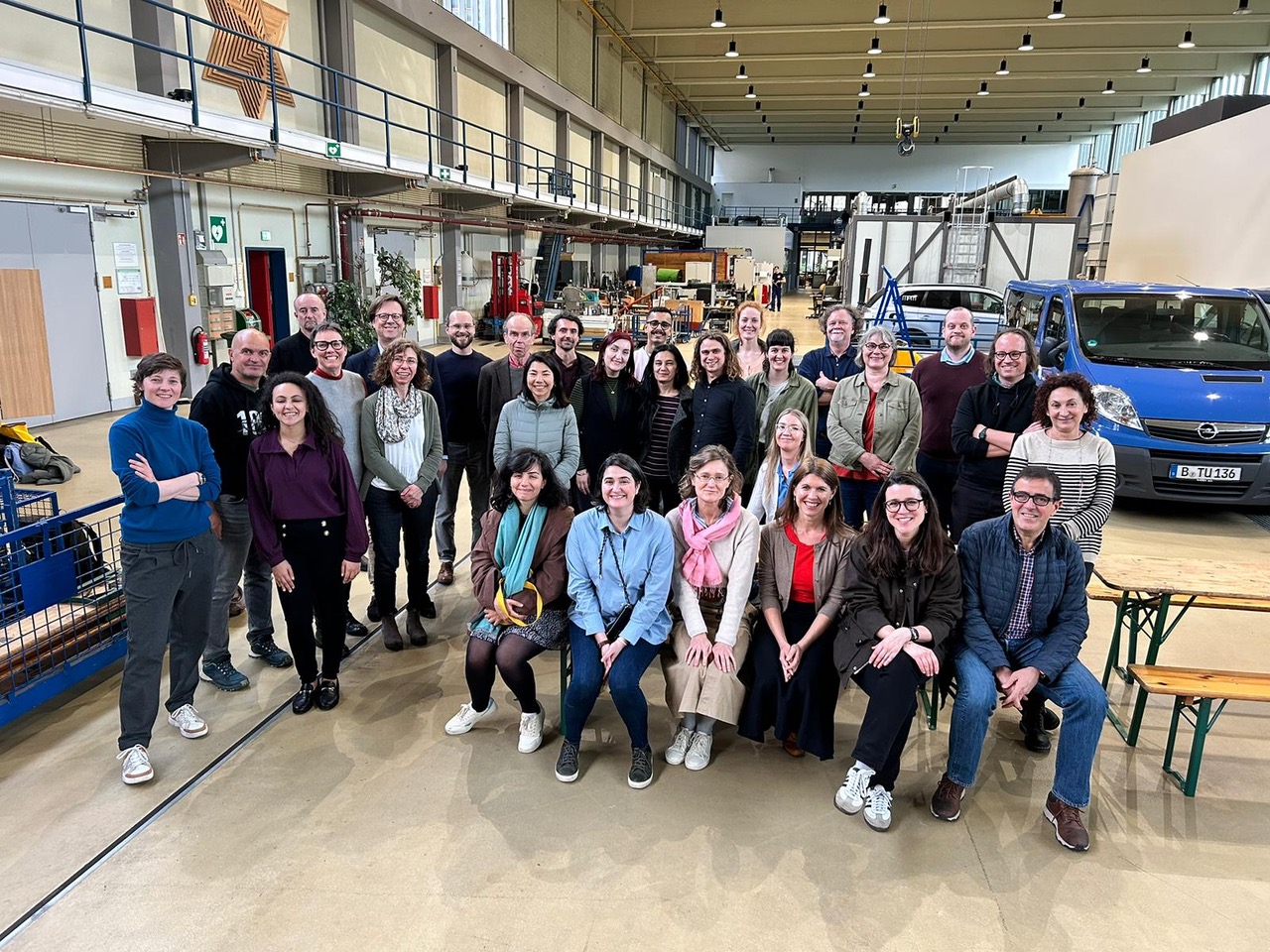Democracy in Engineering Education The underlying question "Crocodile or Octopus?" was not properly answered during…
A Systematic Review on Emotion in Engineering Ethics Education

University of Florida, USA
Emotion is intrinsically tied to ethics, such as being situated in the ethic of care, moral intuition, and moral judgment. Emotion is connected to education through academic, teacher, and student emotions. Emotion also interplays with engineering, including through empathy in user-centered design. However, there is a lack of an overview of the integration of emotion, ethics, and engineering education. Our team (Roland Tormey, EPFL; Alberto Bellocchi, QUT; Pia Bøgelund, Aalborg University; Johanna Lönngren, Umeå University; Homero Murzi, Virginia Tech) is in the process of conducting a systematic literature review to understand the research landscape at the intersection of emotion and engineering ethics education.
Preliminary analysis of the initial dataset of 17 references underscores an emergent field with disparate theoretical foundations. The literature draws on multiple disciplinary perspectives to explore, with varying depth, emotion in engineering ethics education. Research from the philosophical perspective argues emotion serves an important function through an initial insight into a situation that can feed into further reflection and reasoning. Work from the psychological perspective claims emotion is crucial in ethical decision-making and that our rational system simply justifies the decisions that are already made by our emotion. Another theoretical cluster relates to empathy and pro-social behavior in which the emotional state triggered by feeling what another person feels in their emotion state connects to the intuition to help others. A final grouping of references examines emotion in engineering ethics education through the lens of emotional intelligence. Synthesis across the dataset indicates not only a multitude of disciplinary perspectives, but also limited engagement between them as references tended to cite work within their own school of thought. The preliminary findings point to additional directions for the review of our larger dataset and for research in the field. Emotion in engineering ethics education presents the opportunity for convergence: the integration of knowledge and methods from different disciplines to address complex problems focused on societal needs. Although not presently apparent, convergence research offers a potential path forward for this emergent field.

